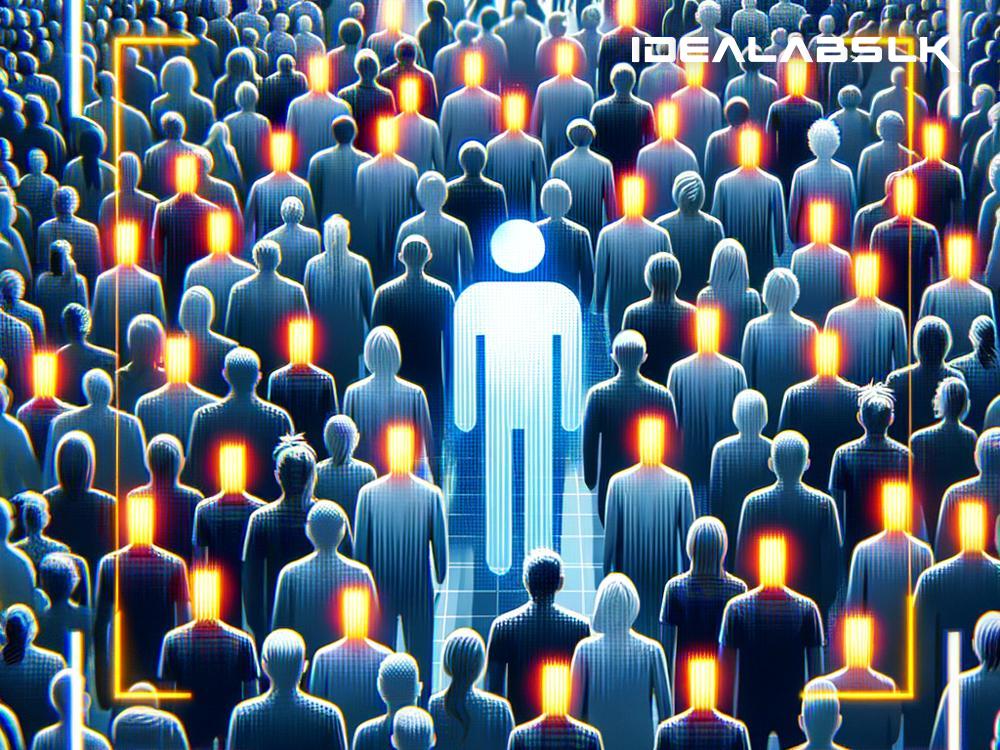The Role of Facial Recognition Software in Security: A Simple Guide
In today's fast-paced world, where security concerns are skyrocketing, innovative solutions are at the forefront of safeguarding both public and private spaces. One such technology that's been a game-changer is facial recognition software. This clever tool is not just something out of a sci-fi movie; it's very much real and playing a crucial role in enhancing security measures across the globe. So, let's break down what facial recognition software is and how it's weaving into the fabric of our security systems.
Understanding Facial Recognition Software
Simply put, facial recognition is a technology that can identify or verify a person's identity using their face. It captures, analyzes, and compares patterns based on the person's facial details. The process involves scanning and recognizing faces in a crowd, an image, or a video and matching them against a database of known faces. Think of it as someone looking through a photo album, spotting a familiar face, and linking it to a name, only much faster and more accurate.
Why Is It Becoming Popular in Security?
The main reason behind the popularity of facial recognition software in security contexts is its ability to offer quick and reliable identification. Compared to traditional methods such as ID cards or passwords, which can be lost, stolen, or forgotten, faces provide a more secure and seamless way of verifying identities. Moreover, as the software advances, it becomes more adept at handling diverse and challenging scenarios, such as recognizing faces in different lighting conditions or from various angles.
How Is It Being Used?
Facial recognition software is versatile and finds its application in numerous security domains.
-
Enhancing Public Safety: It's used by law enforcement agencies and in public spaces like airports, train stations, and shopping centers to spot and monitor suspects or individuals of interest, helping prevent crime and ensure public safety.
-
Securing Devices: Many smartphones and laptops now come equipped with facial recognition technology, allowing users to unlock their devices with just a glance, adding an extra layer of personal security.
-
Access Control: From corporate offices to smart homes, facial recognition is being used to grant or deny access to restricted areas, making sure that only authorized individuals can enter sensitive spaces.
-
Fraud Prevention: In the financial sector, it helps in curbing identity theft and fraud by ensuring that the person conducting a transaction is who they claim to be.
Advantages of Facial Recognition in Security
- Speed and Efficiency: Identifying individuals happens in real-time, which is crucial for time-sensitive security situations.
- Non-intrusive: Unlike some security measures, facial recognition can offer a less invasive way to monitor and secure environments.
- Improved Safety: With its ability to quickly identify potential threats or find missing persons, it significantly contributes to overall safety and peace of mind.
Concerns and The Road Ahead
While the benefits are clear, the use of facial recognition in security has sparked debates around privacy and ethics. Concerns about mass surveillance, data breaches, and the potential for misuse have been raised, emphasizing the need for strict regulations and ethical guidelines to govern its use.
Looking forward, the technology is expected to become even more sophisticated, with improvements in accuracy and the ability to overcome challenges like face coverings or disguises. However, parallelly, the importance of balancing security benefits with individual privacy rights will be a defining conversation for the evolution of facial recognition software.
Conclusion
Facial recognition software is no doubt transforming the security landscape, offering innovative solutions to age-old problems. As we marvel at this technology's capabilities, it's also crucial to engage in discussions about its ethical and privacy implications. With the right measures, facial recognition can be a powerful tool in our collective quest for a safer world, illustrating that the future of security is not just about watching over society but safeguarding the values we hold dear.

